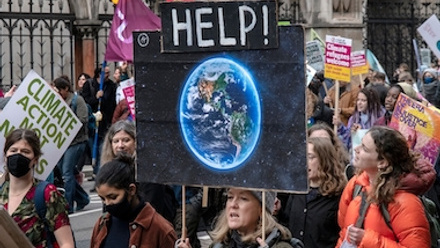One-to-ones, engagement and the employee experience

The impact of the one-to-one should never be underestimated. As well as its engagement and wellbeing benefits, it provides the perfect platform for mentoring, development and recognition giving. With every well-executed one-to-one creating impactful ‘micro-experiences’, employees are more likely to view their overall employee experience positively. In fact, when one-to-ones are done well, there is a 226% increase in the chances of an employee highly rating their employee experience.
How should you go about executing a one-to-one to ensure maximum impact?
Importantly, the one-to-one must be booked-in regularly – ideally weekly or bi-weekly but at a minimum, they must take place monthly. It’s essential that they are relaxed and both parties are involved in crafting the agenda and preparing for the meeting. As it stands, just under one-half of employees and leaders prepare for one-to-ones with each other, and one in three employees have no say in the agenda.
Leaders who take the time to prepare for and co-create meaningful, informal and frequent one-to-one conversations build stronger connections with their people. They also create development and mentorship opportunities, show appreciation more regularly and are quicker to identify any wellbeing issues.
The most effective one-to-ones incorporate four key elements – constructive feedback, recognition, brainstorming and development opportunities. By incorporating all of these elements, it is 41 per cent more likely that there will be a favourable impact on the employee experience.
The importance of recognition
The recognition element of the one-to-one is vital, giving the leader the opportunity to highlight how employees are uniquely contributing and are valued. One-to-ones provide the ideal platform for giving recognition in a genuine, specific and personal way while aligning praise with the company’s purpose, goals and values. In fact, when a peer or leader can communicate in detail and can specifically detail how an employee’s work contributes to organisational purpose, they feel part of something much bigger than themselves and gain a sense of belonging.
When a deliberate “thank you” is given, employees feel 116 per cent more appreciated. Conversely, when leaders don’t effectively communicate recognition employees are 70 per cent less likely to feel appreciated and 42 per cent less likely to be engaged.
Regular and honest manager-employee conversations also help to mitigate burn-out, which is a real and present threat that 79 per cent of employees are suffering with in some form or other. When employees feel a sense of belonging at their organisation, are supported and appreciated by their leaders and teams, clear about their goals and performance and listened to by their company, employee wellbeing is positively impacted, providing another compelling reason why well-executed one-to-ones mustn’t be overlooked.
Vital connections
One-to-one meetings serve as a vital connection point between leaders and employees. They encourage authentic communication, meaningful development conversations and recognition giving and also support staff wellbeing. They are crucial micro-experiences that need to take place frequently and be executed with care. By not effectively leveraging one-to-ones, organisations are missing an incredible opportunity to reduce burnout, enhance engagement and positively impact the employee experience.
The author is Robert Ordever, MD of O.C. Tanner Europe.
This article is provided by O.C. Tanner Europe.
*Statistics taken from The O.C. Tanner Institute’s 2018 and 2020 Global Culture Reports.
O.C. Tanner is sponsoring REBA’s Innovation Day 2019. Join us on 28 November in central London to future-proof your reward and benefits strategy.
In partnership with O. C. Tanner
Giving teams the integrated tools they need when, where and how they need them.







